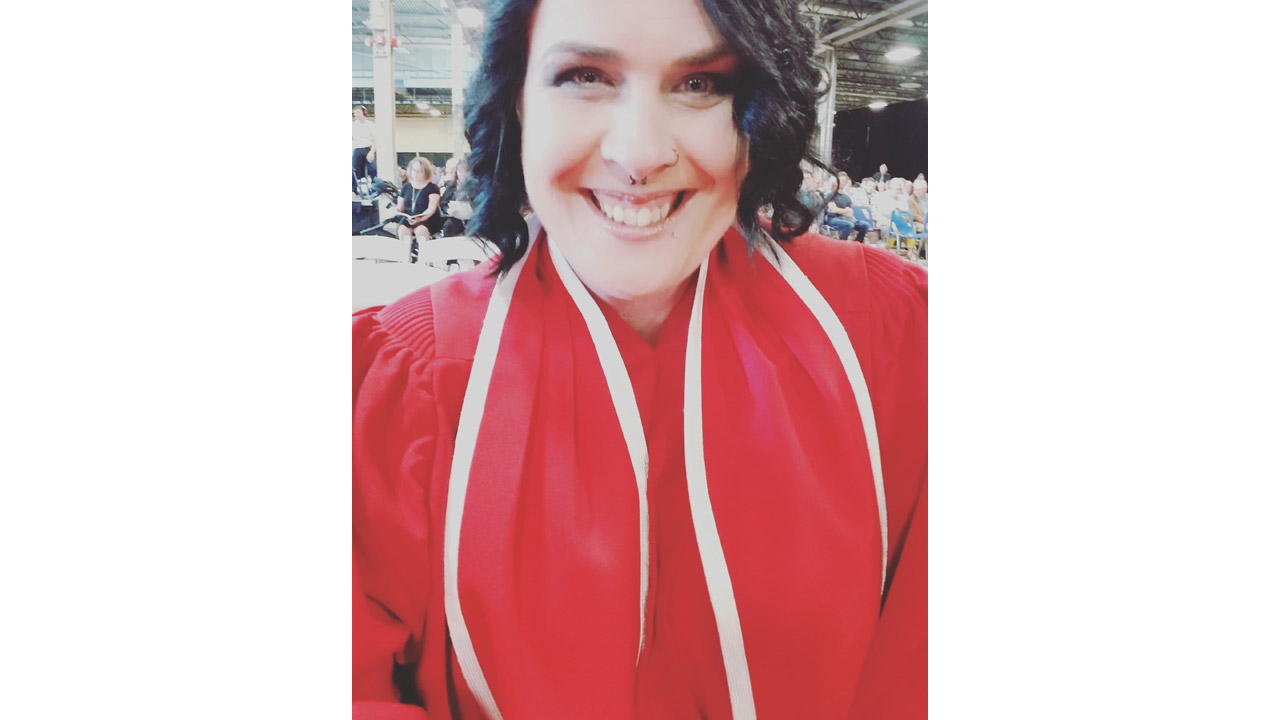Balancing home life with virtual placements proving difficult
 CREDIT: PROVIDED BY PRECIOUS GRASS
CREDIT: PROVIDED BY PRECIOUS GRASSPrecious Grass is a graduate of the early childhood education program and current student in autism and behavioural sciences.
Students in the School of Community Studies are finding it difficult to complete their field placements virtually.
After advocating to have more than one option to complete the remaining five weeks of their six-week placement, students of the autism and behavioural sciences program were given four options: to use workplace hours if they were employed; receive an N grade (no credit) and resume their placement when they re-register at a later time; complete their placement in another program in the fall, or do their placements online.
Even with these options in place, the light at the end of the tunnel is a long way off for some.
“Transitioning to online is not possible for a single mother,” said Precious Grass, a student of the program, who told Interrobang she is unable to graduate even with the provided placement options.
Grass, who is also a graduate of the early childhood education program, is a mother of five children, two of which have serious health issues. As their sole full-time caregiver during the lockdown, Grass has a limited capacity in her daily schedule to devote to her studies.
“My five-year-old is autistic and I'm not allowed to use him for my placement, which would be ideal,” she said. “I worked really hard this year. And now I don't get what I worked hard for.”
Before the COVID-19 pandemic, Grass had planned to further her studies even more. She had been accepted into King’s University College at Western University, with the hopes of becoming a teacher. But now, the future is not so certain.
Grass said she will not be able to do a placement option in her new program due to its online delivery in the fall. Despite the provided alternatives, she still worries over how she will manage to move on in her career plan.
She added that she felt the College could be doing more to support her, and other students like her, to navigate the challenges of completing unfinished placement requirements put on halt during the initial weeks of the lockdown.
According to Sandra Fieber, associate dean of the School of Community Studies, programs involved in community services face their own set of challenges when it comes to ensuring students find a placement that meets field standards.
“I think the really important piece is that we have an obligation and a contract with the ministry that students who graduate with a credential have reliably demonstrated the vocational learning outcomes that's attached to that course,” she said. “That's something that we're accountable to, not only to our ministry but also our community partners, so those employers who are hiring our students that are graduating with the credential.”
Fieber said that the program coordinators worked with students via three virtual meetings to develop placement alternatives, and that most students in the program expressed satisfaction with the outcomes.
Grass said she was unable to attend the meetings due to her role as a caretaker to her children. As it stands, her one option is to withdraw entirely from the program and wait for another opportunity to complete the placement.
















